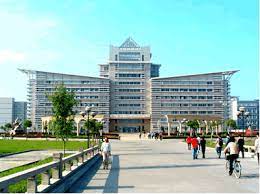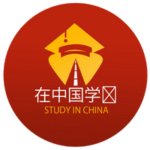Jinan University

Guangdong province, Guangzhou city Tuition Fee: 34,000 RMB Hostel Fee: 6,000 RMB
Xi’an Jiaotong University

Shaanxi province, Xian city, china Tuition Fee: 40,000 RMB Hostel Fee: 6,000 RMB
Huazhong University of Science and Technology

Hubei province, Wuhan City Tuition Fee: 40,000 RMB Hostel Fee: 6,000 RMB
Jiangsu University

Jiangsu province, Zhenjiang City ,China Tuition Fee: 34,000 RMB Hostel Fee: 6,000 RMB
Fudan University

Shanghai province, china Tuition Fee: 75,000 RMB Hostel Fee: 6,000 RMB
Shandong University

Shandong province, Jinan City , China Tuition Fee: 45,000 RMB Hostel Fee: 6,000 RMB
Dalian Medical University

Liaoning province, Dalian City Tuition Fee: 45,000 RMB Hostel Fee: 6,000 RMB
China Medical University

liaoning province, shenyang City Tuition Fee: 40,000 RMB Hostel Fee: 6,000 RMB
Yichun university

Yichun city , Jiangxi province Tuition Fee: 23,000 RMB Hostel Fee: 6,000 RMB
Hunan university of chinese medicine

city Changsha , province Hunan

